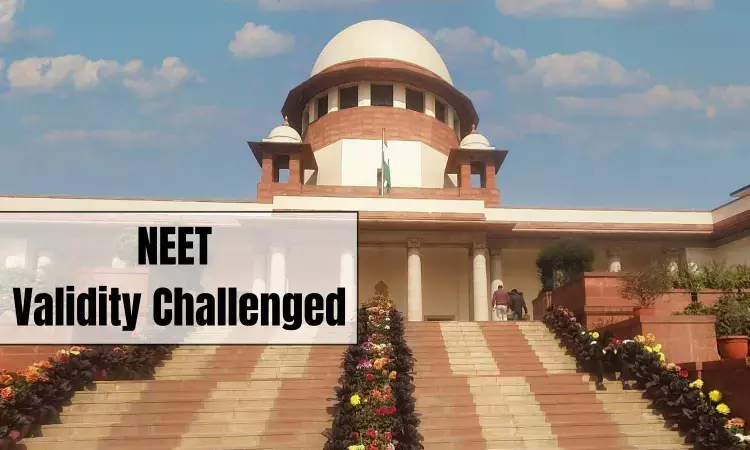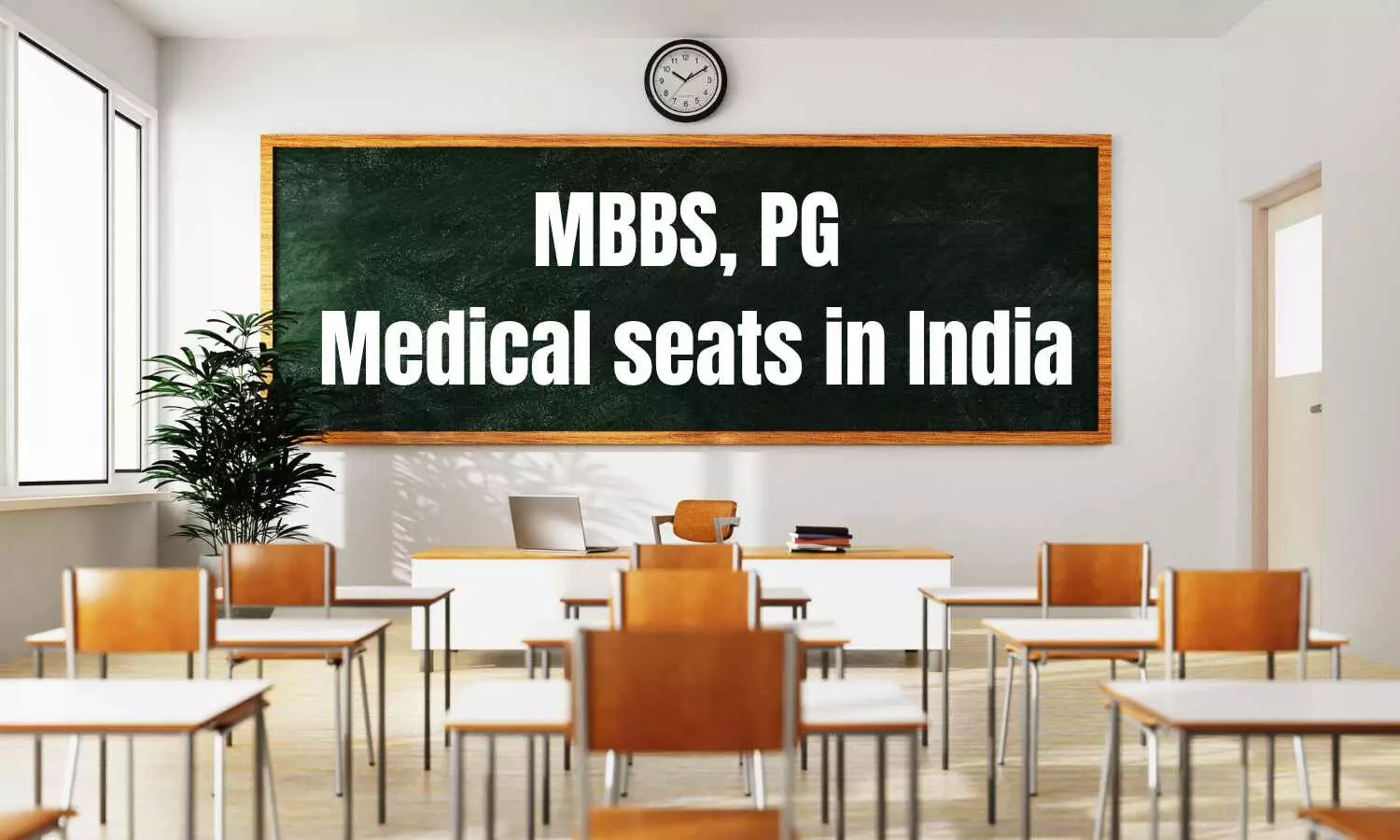- Home
- Medical news & Guidelines
- Anesthesiology
- Cardiology and CTVS
- Critical Care
- Dentistry
- Dermatology
- Diabetes and Endocrinology
- ENT
- Gastroenterology
- Medicine
- Nephrology
- Neurology
- Obstretics-Gynaecology
- Oncology
- Ophthalmology
- Orthopaedics
- Pediatrics-Neonatology
- Psychiatry
- Pulmonology
- Radiology
- Surgery
- Urology
- Laboratory Medicine
- Diet
- Nursing
- Paramedical
- Physiotherapy
- Health news
- Fact Check
- Bone Health Fact Check
- Brain Health Fact Check
- Cancer Related Fact Check
- Child Care Fact Check
- Dental and oral health fact check
- Diabetes and metabolic health fact check
- Diet and Nutrition Fact Check
- Eye and ENT Care Fact Check
- Fitness fact check
- Gut health fact check
- Heart health fact check
- Kidney health fact check
- Medical education fact check
- Men's health fact check
- Respiratory fact check
- Skin and hair care fact check
- Vaccine and Immunization fact check
- Women's health fact check
- AYUSH
- State News
- Andaman and Nicobar Islands
- Andhra Pradesh
- Arunachal Pradesh
- Assam
- Bihar
- Chandigarh
- Chattisgarh
- Dadra and Nagar Haveli
- Daman and Diu
- Delhi
- Goa
- Gujarat
- Haryana
- Himachal Pradesh
- Jammu & Kashmir
- Jharkhand
- Karnataka
- Kerala
- Ladakh
- Lakshadweep
- Madhya Pradesh
- Maharashtra
- Manipur
- Meghalaya
- Mizoram
- Nagaland
- Odisha
- Puducherry
- Punjab
- Rajasthan
- Sikkim
- Tamil Nadu
- Telangana
- Tripura
- Uttar Pradesh
- Uttrakhand
- West Bengal
- Medical Education
- Industry
NEET 'violates' federal Structure: Tamil Nadu moves Supreme Court challenging validity of MBBS entrance test

New Delhi: The matter of NEET exemption has now reached the Supreme Court with the state of Tamil Nadu filing a lawsuit challenging the validity of the MBBS entrance test.
The Tamil Nadu government has argued that the introduction of NEET is violative of the federal structure, as it takes away the power of the States to admit students to Government Seats in medical colleges.
NEET in Tamil Nadu:
NEET was introduced in India as a centralized test for admitting medical students at both undergraduate and postgraduate levels. However, since its inception, Tamil Nadu has been protesting against the same as after the test was introduced more than a dozen students of underprivileged social backgrounds committed suicide. These students belonging to remote areas were unable to access the necessary resources for clearing the entrance examination.
It was on December 21, 2010, the Medical Council of India (now replaced by the National Medical Commission) issued a notification making NEET mandatory for admission to medical courses. A similar notification was issued by the Dental Council of India (DCI) in 2012 and subsequently, a common entrance was brought for admission to homoeopathy and Indian medicine courses as well.
Prior to NEET, Tamil Nadu used to hold its own Common Entrance Test (CET) for admission to medical colleges in the state for filling the state seats.
Several deliberations and protests staged over the years seeking NEET exemption in the state resulted in the formation of the Anti-NEET bill, which was passed in the Tamil Nadu assembly. The Centre had also sought clarifications from the state on the bill.
However, the bill has not come into effect as the Governor forwarded it seeking President's assent, which has not been granted till date.
NEET violative to the principle of Federalism!
According to a recent PTI report, in the lawsuit filed under Article 131 of the Constitution, the state government has alleged that the principle of federalism, which is part of the basic structure of the Constitution, is being violated by examinations like NEET as it takes away the autonomy of states to make decisions regarding education.
The plea, filed through lawyer Amit Anand Tiwari, said the validity of NEET was upheld in 2020 by the apex court on grounds that it was required to curb the evil of unfair practises such as granting admission based on paying capacity of candidates, charging capitation fee, large-scale malpractices, exploitation of students, profiteering, and commercialisation.
However, such grounds are not applicable in the case of admissions to government seats and the reasoning of the judgment is applicable only to private college seats, it said, adding the verdict upholding the NEET does not bind a state in so far as admissions to government seats are concerned.
The suit seeks a decree declaring that Sections 14 of the National Medical Commission Act, 2019, the National Commission for Indian System of Medicine Act, 2020 and the National Commission of Homeopathy Act, 2020, Regulations 9 and 9A of the Post-Graduate Medical Education Regulations, 2000, Regulations I(2), I(5) and II of the BDS Course Regulations, 2007 respectively are violative of Article 14 of the Constitution, violate federalism and therefore void, adds PTI.
The plea alleged that NEET violates right to equality under Article 14 of the Constitution as it “discriminates against students from rural areas and state boards”. The state said NEET is modelled on CBSE/NCERT syllabus, which puts rural students at a loss. “Also, they (students from rural parts) lack economic resources to afford coaching classes which puts them at a greater disadvantage to access medical colleges in the state despite good scores in their state boards,” the state alleged.
Though education is a subject on which states can legislate, “the introduction of NEET for admission to all medical colleges, irrespective of whether they are private or under the state or central government, is in violation of the federal structure and the autonomy of the states to make decisions regarding education,” the state government said in its plea, challenging the common entrance test.
Tamil Nadu is the first state to file a suit against the Centre on the issue of NEET. Voicing its concern for the student community, the state said it is constrained to approach the court as the continuance of NEET exam has “adversely” affected students, particularly from rural areas and students studying in state board-affiliated schools, reports HT.
“These students, though talented and securing higher marks in their Class XII examinations, are unable to compete on an equal footing with the urban and semi-urban students with more resources,” the state argued, adding that the examination pattern under NEET is “substantially different from the syllabus set by the Tamil Nadu State Board of Education.”
The suit has also challenged related provisions for conduct of common entrance for admission to dental, homoeopathy and Indian medicine courses.
NEET 2023:
The NEET UG 2023 registrations are likely to begin at the end of February.
The registration process was earlier scheduled between the second week of January and the last week of February.
The NEET UG exam for 2023 has been scheduled for 7th May 2023 as per the examination calendar. All the details related to the NEET UG exam including important dates, exam fees, eligibility criteria, availability of seats, the scheme of NEET UG, marking scheme, etc. will be released on the official website.
Altogether, 1,00,163 MBBS seats are available at present in over 655 medical colleges in the country; the maximum being in the state of Tamil Nadu having 11,275 seats.
Garima joined Medical Dialogues in 2017 and currently works as the Senior Editor. She oversees coverage of all healthcare topics, with a focus on medico-legal cases, regulatory updates, decisions by NMC, DCI and medical councils, developments in medical education, government policies, and news on medical and dental colleges. She holds a Master’s degree in Journalism and Mass Communication and can be contacted at editorial@medicaldialogues.in | 011-43720751.



